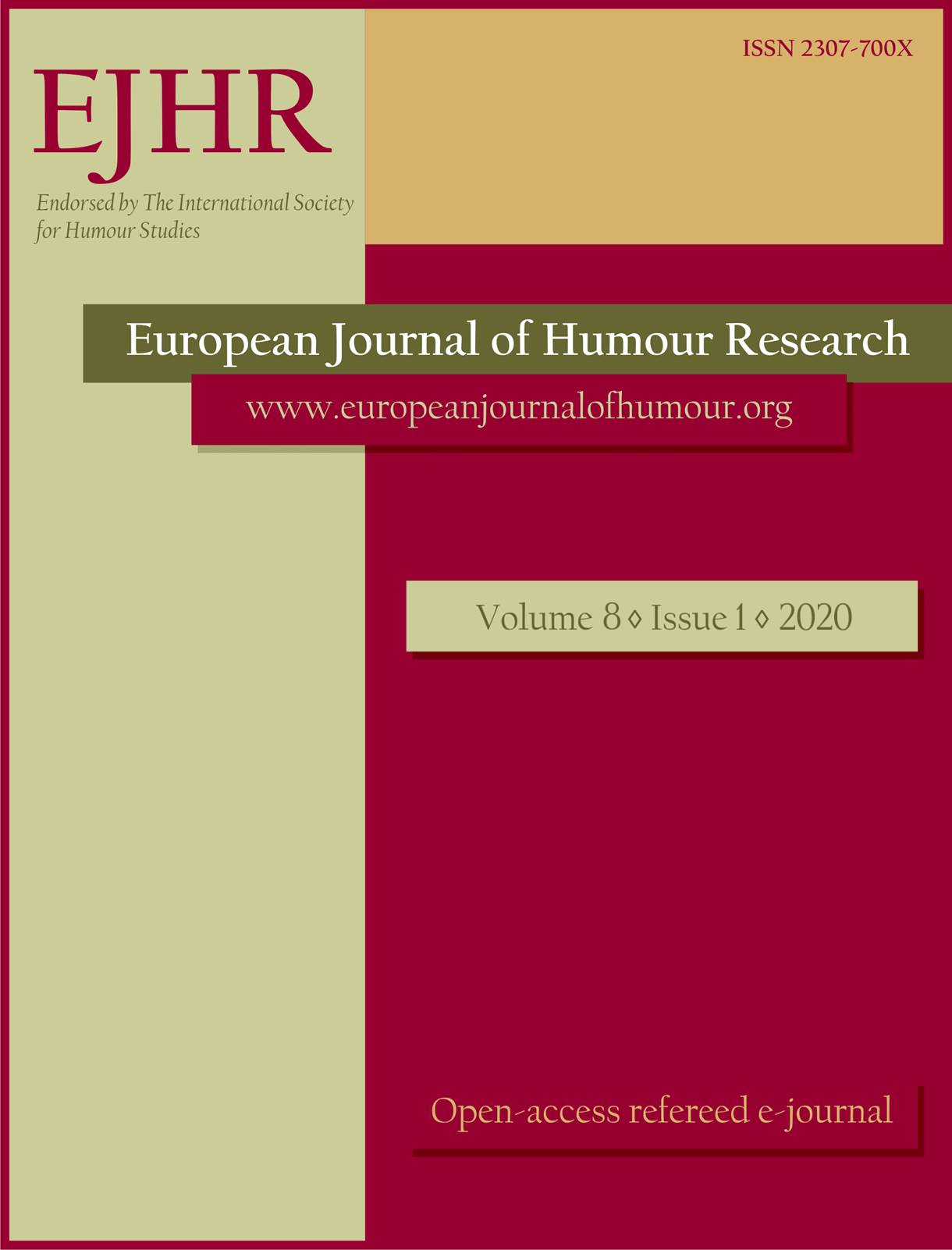Humour and ex-Yugoslav nations:
Humour and ex-Yugoslav nations:
is there any truth in the stereotypes?
Author(s): Željko Pavić, Nataša KrivokapićSubject(s): Anthropology, Social Sciences, Language and Literature Studies, Customs / Folklore, Theoretical Linguistics, Applied Linguistics, Communication studies, Sociology, Pragmatics, Sociolinguistics, Descriptive linguistics, Cultural Anthropology / Ethnology, Culture and social structure , Applied Sociology, Crowd Psychology: Mass phenomena and political interactions, Sociology of Culture, Ethnic Minorities Studies, Identity of Collectives
Published by: Krakowskie Towarzystwo Popularyzowania Wiedzy o Komunikacji Językowej Tertium
Keywords: humour stereotypes; multidimensional sense of humour scale; ex-Yugoslavia countries; the Balkans; cross-cultural research;
Summary/Abstract: This study explores the issue of humour stereotyping between ex-Yugoslav nations, its veridicality and possible explanations. Three research questions were put forward related to humour stereotyping and the differences in humour production, use and appreciation between the countries, with Hofstede’s model of culture as a possible explanatory framework. The survey data were collected on a sample of university students from four ex-Yugoslav countries (N = 611). The results revealed strong negative humour stereotyping toward Croats and Slovenians and positive stereotyping toward Bosnians. However, only about 0–4 per cent of the variance in humour production, use and appreciation, depending on the sub-scales of the Multidimensional Sense of Humour Scale, could be attributed to group (country) membership, thus indicating low correspondence between the stereotypes and reality. The study results concerning the stereotypes were interpreted by evoking the discourse of Balkanism, as well as humour-style differences in popular culture between the countries.
Journal: The European Journal of Humour Research
- Issue Year: 8/2020
- Issue No: 1
- Page Range: 112-129
- Page Count: 18
- Language: English

